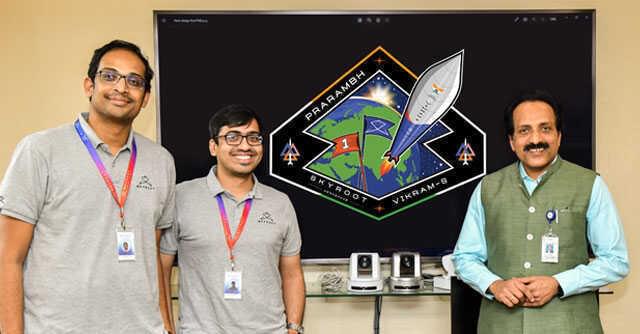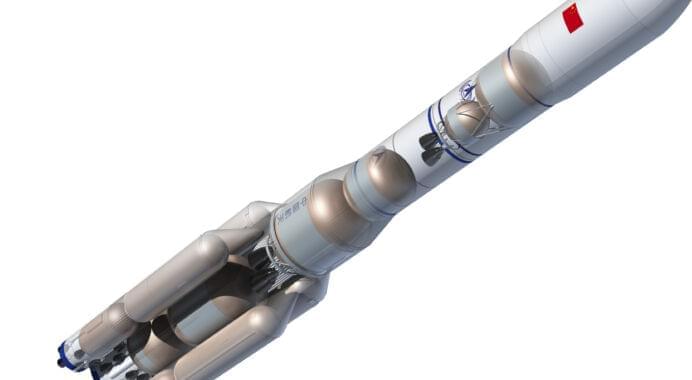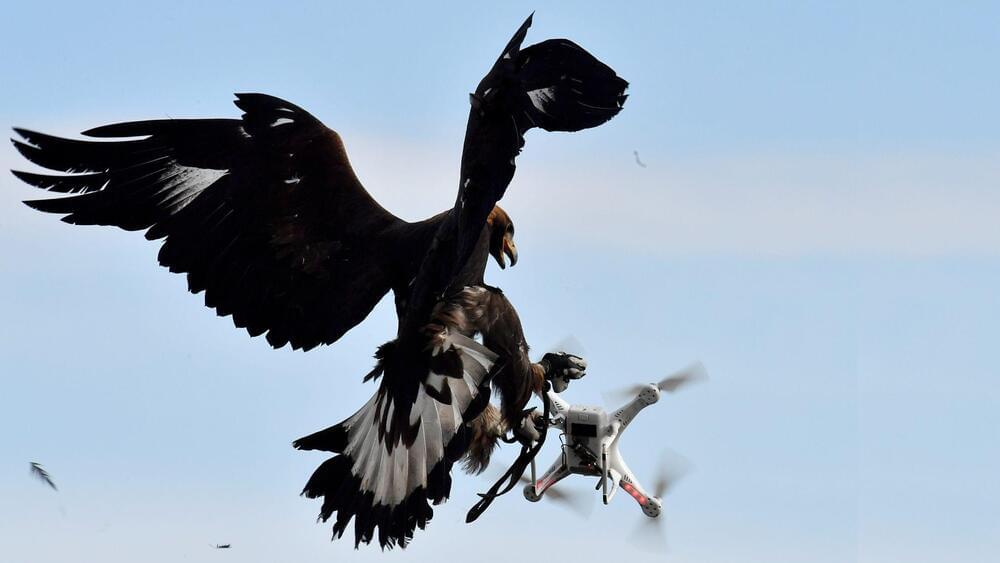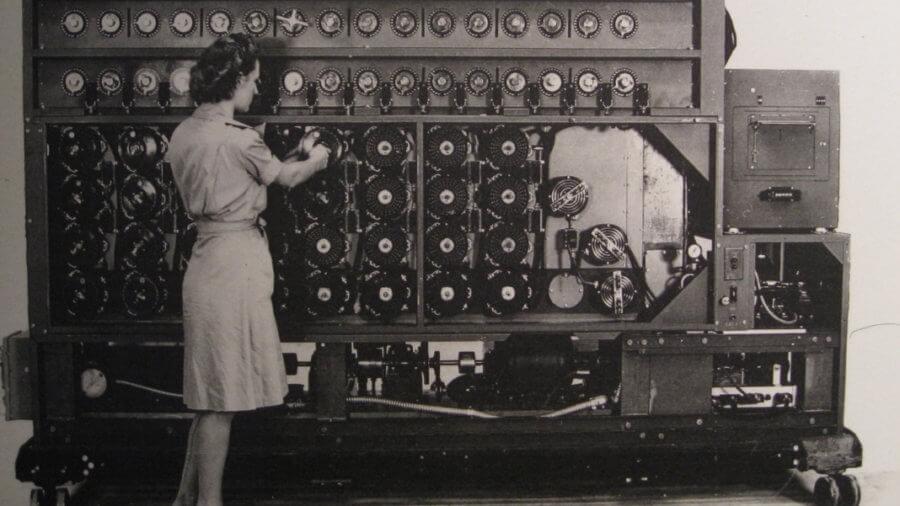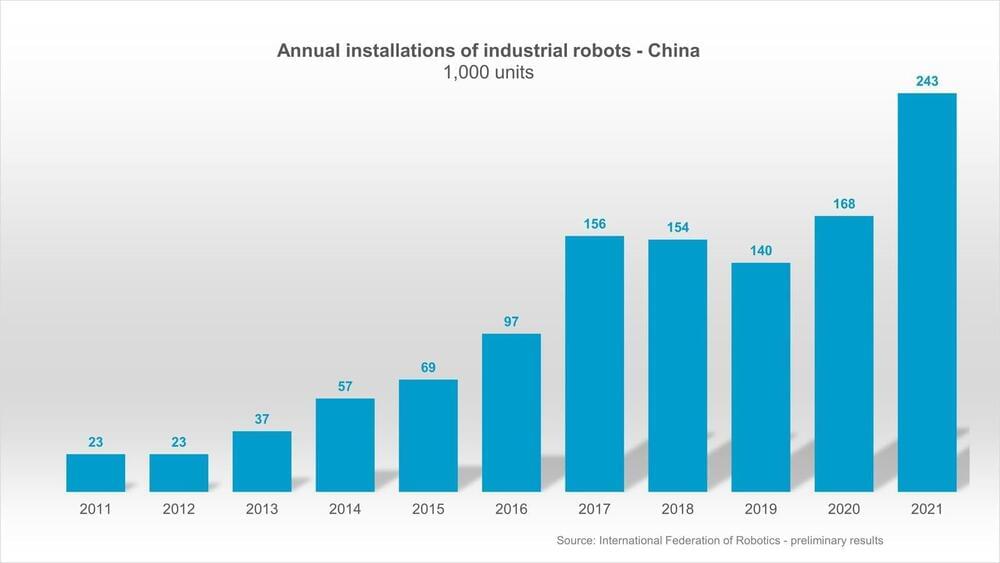Nov 17, 2022
Copyright and Artificial Intelligence: An Exceptional Tale
Posted by Kelvin Dafiaghor in categories: economics, government, law, robotics/AI
As the US government begins to consider some of the legal implications for copyright in connection with the development and deployment of artificial intelligence, it is important to first step back to ensure that we are properly guided by context and a proper understanding of our goals — grounded in an informed grasp of the relationship of copyright to the development of AI, and a fair observation of the state of legal developments around the world. Far too many observers have oversimplified how various countries have addressed the relationship between copyright and AI. The reality is that all who have done so have rejected the notion that copyright is not implicated, and have developed legal norms which carefully limit the scope of any exceptions with an eye towards facilitating licensing, even when they seek to expand the development of AI as a national economic imperative.
I have written about the approach taken by the EU in the updated Copyright Directive, and note here that despite claims about Japan’s legislation, even their provisions — as manifested in the 2018 amendments, are designed to avoid conflict with the legitimate interests of copyright owners. While I don’t necessarily agree with Japan’s approach, it is important to highlight that even its exceptions, as I understand them: recognize that text and data mining/machine learning does in fact implicate copyright; apply only to materials that have been lawfully acquired; require that the use of each work is “minor” relative to the TDM effort; and provide that license terms must be honored. While it remains unclear to me that Japan’s goal of respecting copyright as required by international law has been achieved, it is important to understand that claims that Japan has removed copyright as an issue that must be addressed in the development of AI are inaccurate.


